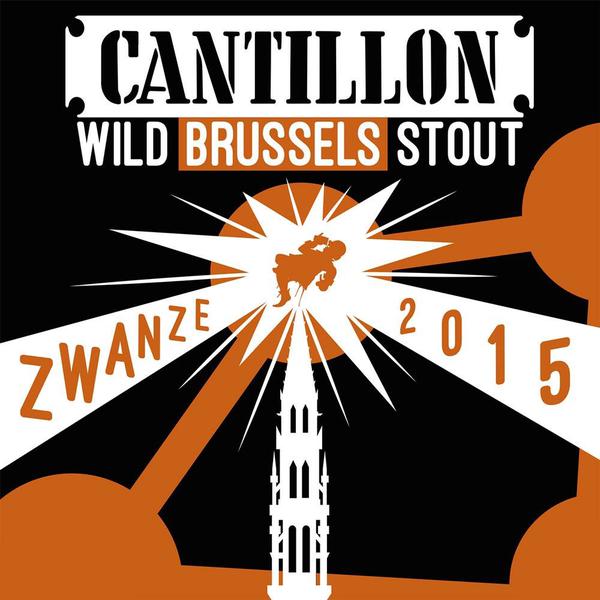The Portland Phoenix has interviewed Heather Sanborn, co-owner of Rising Tide.
KB: You have a small rack of barrels aging in the back of the brewery. Will that be a bigger part of your model going forward, or are your barrel-aged beers more of a side project?
HS: I think that remains to be seen. Right now we don’t have more space for barrel aging, but that’s about to change. We have a 8,000 square foot warehouse in Westbrook that’s coming online in about three weeks. We just hired somebody to manage it and we leased a box truck that we’re going to use to bring things back and forth. So we should have a lot more space for barrel storage soon. Then it’s really just a process of ramping up that barrel program over time. It takes a long time to build up a successful barrel program at any kind of scale.
